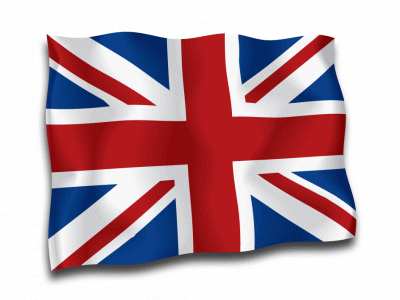- Pupils will enrich knowledge about English ;
- Pupils will increase skills in speech, using new words and phrases;
- Pupils will develop skills in expressing their own ideas, opinions ;
Methods: Using Methods of Constructive teaching technology. RWCT methods
Group work, work with pair and individual work.
Visual aids: Interactive board, Slides, Papers with the tasks;
Connections with other subjects: Kazakh, English;
Plan of the lesson:
| Parts of the lesson | Cognitive action of students | Teacher’s action of management |
| I. Beginning of the lessona) Organization moment.
b) Greeting |
Learn to express their role play, their own opinion | -Observe students’ action, their mood.- Communicative with them |
| c) Checking up the home assignments:Step 1.Exercise VII , on page 139 | — Reading the own sentences about schools;- Listen to each other.
— Share with opinions. Make a presentation. |
— Express to students opinion.- Listen to them.
— Correct them (if it needs) |
| d) Brainstorming:Method: “Menu”. | Integrate to the new theme;Dividing into three groups: nursery, primary, secondary | To divide into three groups: nursery, primary, secondary |
| II. Introduction of the new materials: Step 2. Exercise I, on page 140. Method: “JigSaw a) Listening
b) Reading the text |
— Listening;- First read the text individually
— discuss in a group. — draw a diagram to the poster. |
— To explain the method.- check up and observe students’ work.
— control the class |
| III. Realisation of meaning: Method:”Traffic-lights”Exercise II, on page 141. Answer the questions
|
Discuss and answer the question in a group, and to write answers to the poster.Demonstrate to the class | — To explain the method.- Listen to their discussion
— To observe their action. Listen to them |
| Exercise III, on page 141. To fill in the correct prepositions | — Share with knowledge about preposition. To complete the sentences on the blackboardand | — To observe students’ action.- Help and direct them
|
| IV. Reflection: Method:”Snowball”, Exercise IV, on page 141.
To complete the sentences |
— Share with knowledge, active vocabulary. To complete the sentences on the blackboard and, also on the poster. Demonstrate to the class | — To observe their action, pronunciation. Listen to them |
| Training exercise:Ex.VII | To learn the poem “The School” | — To observe their action, pronunciation. |
| V.Home assignments are: Step 2, Exercise VI, VII. On page 142 | -To explain main of the home assignments | |
| VI.Assеssment of the students; | To Collect paper of assessment | Set the marks by their each other’s evaluation |
Step 2. Exercise I, on page 140.
My Primary School
My name is Aidar. I am 14 years old now I am living in Astana. Astana is the capital of Kazakhstan. I started school at the age of seven. It was an ordinary school in Almaty where my family lived before. After four years of primary school I went to secondary school. Primary and secondary schools together comprise eleven years of study. Nine years of classes are compulsory in our republic.
The primary school curriculum included such subjects as Kazakh, Maths, Russian, Drawing, Physical Training and Music. We had also Nature classes. Our school was not an English School but we had English classes which started in the 2-nd form.
Our school year began on the first of September and ended in May. It lasted 9 months. We had 4 holidays a year: winter, spring, summer and autumn. On the first of September we got acquainted with our teachers and had our first lessons. Every lesson lasted fourty five minutes. Every day we had 4 or 5 lessons. We usually had a lot of homework and it took us 2 hours to do it. If we didn,t know how to do our homework we usually asked the teachers for help.
Let ,s talk about Primary School.
Exercise II, on page 141. Answer the questions.
1.What age did Aidar start school at?
2.When did he go to secondary school?
3.How many years of study do primary and secondary schools comprise?
4.How many years of study are compulsory in our republic?
5.What subjects does the primary school curriculum include?
6.When does the school year begin and end?
7.What holidays do you have every year?
8.When do you get acquainted with your teachers?
9.How long does every lesson last?
10.How many lessons did you have every day when you studied at primary school?
11.What will you do if you don’t know how to do your home work?
Exercise III, on page 141. Fill in the correct prepositions.
1.Astana is the capital ____________________ Kazakhstan.
2.I started school______________________ the age of seven.
3.Nine years _______________________classes are compulsory.
4.Our school year usually begins ______________the first ________ September.
5._________________ the first of September we get acquainted ________our teachers.
Exercise IV, on page 141. Complete the sentences.
1. After four years of_________________ school classes I went to _____________ school.
2.Primary and secondary schools together ______________ eleven years of study.
3. The primary school curriculum _____________ such subjects as Kazakh, Maths, Russian, Drawing, Physical Training and Music.
4.Our school year begins on ther first of September and ends in May. It ____________ 9 months.
5. On the first of September we ______ with our teachers.
 sabaq.kz sabaq.kz
sabaq.kz sabaq.kz

